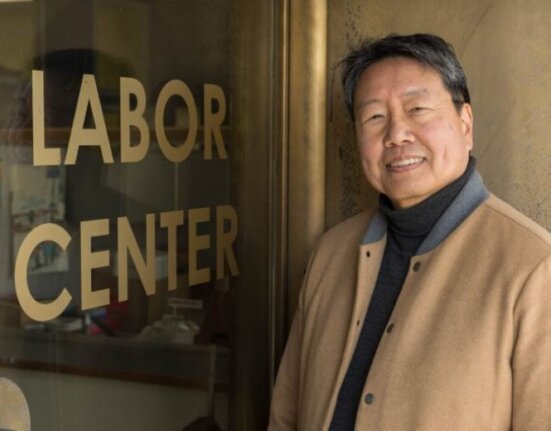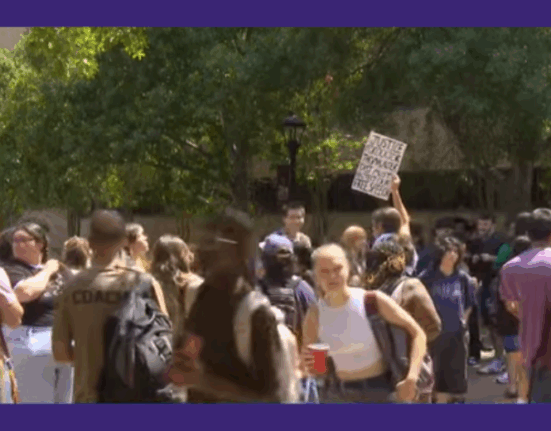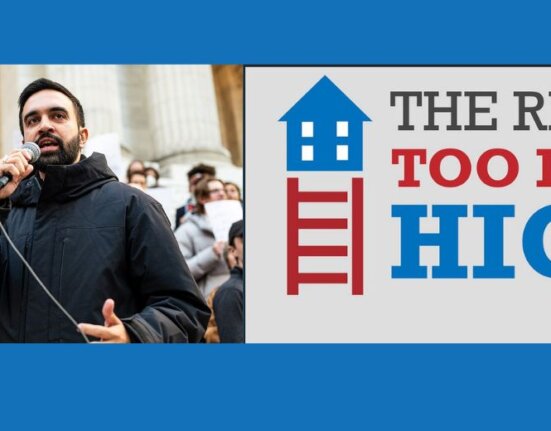This past summer, I organized a LaborOnline forum on “Campus Labor and the Corporate University” (July 9, 2013), which featured commentary from James R. Barrett, professor of History and African American Studies at the University of Illinois at Urbana-Champaign, and Naomi Williams, a Ph.D. candidate in History at the University of Wisconsin-Madison. The forum grew out of a roundtable session of the same name at June’s national conference of LAWCHA in New York City. Two recent lightning-rod incidents involving faculty speech add further timeliness to the issues that Jim and Naomi raised in that forum, which in turn only begin to scratch the surface of the conversations that university employees – especially public ones – should be having across classification and rank. In early September, a student surreptitiously recorded William Penn, a professor of creative writing at Michigan State University (MSU), making disparaging remarks in one of his classes about the racism and anti-tax politics of the contemporary Republican Party. When the recording went viral, MSU officials pulled him from classes and reassigned his teaching duties. As of this writing, the incident is under review by the provost’s office, but Michigan Republicans have called for Penn’s resignation.
A similar drama unfolded last week at the University of Kansas, where I am a member of the faculty. On Friday, September 20, David Guth, an associate professor of journalism was placed on indefinite administrative leave in the wake of a tweet he sent about last Monday’s Navy Yard mass shooting in Washington, D.C., which left thirteen people (including the shooter) dead. “The blood is on the hands of the #NRA,” he remarked, followed by a statement that has become the hub of the controversy: “Next time, let it be YOUR sons and daughters.” Unlike Penn’s soliloquy, which took place before a lecture hall full of students, Guth’s comments issued from social media disconnected from his university duties. Similar to Penn’s situation, though, the university is reviewing the matter, and state lawmakers are calling for Guth’s termination.
Given the email threats that Guth and apparently others have been receiving, the decision to place him on leave can possibly be read as a safety measure. However, many of us fear that the more accurate interpretation of events is that the university is under intense pressure from both the Kansas Board of Regents and Topeka, where ultra-conservative Republicans dominate the statehouse. One Republican state senator, who teaches high school, has even warned that “[a]s long as Professor Guth remains employed by the University of Kansas I will no longer recommend the university as an institution worthy of attendance by any of my students nor, as a state senator, will I support any budget proposals or recommendations for the University of Kansas.” (emphasis added) This comes at a moment, incidentally, when KU is moving toward implementing a post-tenure review process. Viewed sympathetically among my colleagues, the policy is meant to encourage tenured faculty to remain active scholars and innovative classroom instructors. The policy is meant to apply especially to faculty seemingly stuck in a mid-career doldrums – never mind the taxing expectations of service that slow many associate professors’ progression to full. For others of us, the post-tenure review process, as well as Penn’s and Guth’s respective predicaments, reflect nothing more than an ongoing war of attrition on faculty protections in higher education.
In 2006, the U.S. Supreme Court decided in Garcetti v. Ceballos that public agencies could discipline employees for any speech made in connection with their jobs. Although the court set aside the matter of whether the ruling should apply to faculty at public universities and colleges, a series of decisions in lower courts have used the logic of Garcetti against faculty plaintiffs in a string of disturbing cases undermining the future of academic freedom. These setbacks threaten to curb, if not completely extinguish, the ability of even tenured faculty at public institutions to comment on pertinent issues of university policy and governance, let alone extramural politics and current events in the news. Particularly for those of us who may be working toward tenure and promotion, or hopeful for a tenure-track employment, these restrictions on speech may have an even more chilling effect on what we are willing to write and say. To put a finer point on arguments made by Frank Donoghue and other scholars who have studied the corporatization of higher education, tenure is at risk of becoming a reward given and retained as a result of conformity, rather than as a bulwark of academic speech, free inquiry, demanding intellectual exchange, and even rhetorical excess.
Admittedly, there are a number of complicated moving parts in these recent cases of faculty speech, likely more than what I have captured here. But as I see it, most of the principals here have forces to represent them. Administrators at MSU and KU have a staff corps and a team of lawyers to help them cover themselves. Proponents of political conservatism in Michigan and Kansas have legislators, university trustees and regents, and conservative online news organizations like Campus Reform.org, to give voice to their outrage. Laying aside the tone, substance, and venues of Guth’s and Penn’s comments, I ask: What organized forces exist to represent faculty interests with the same vigor?







6 Comments
Comments are closed.